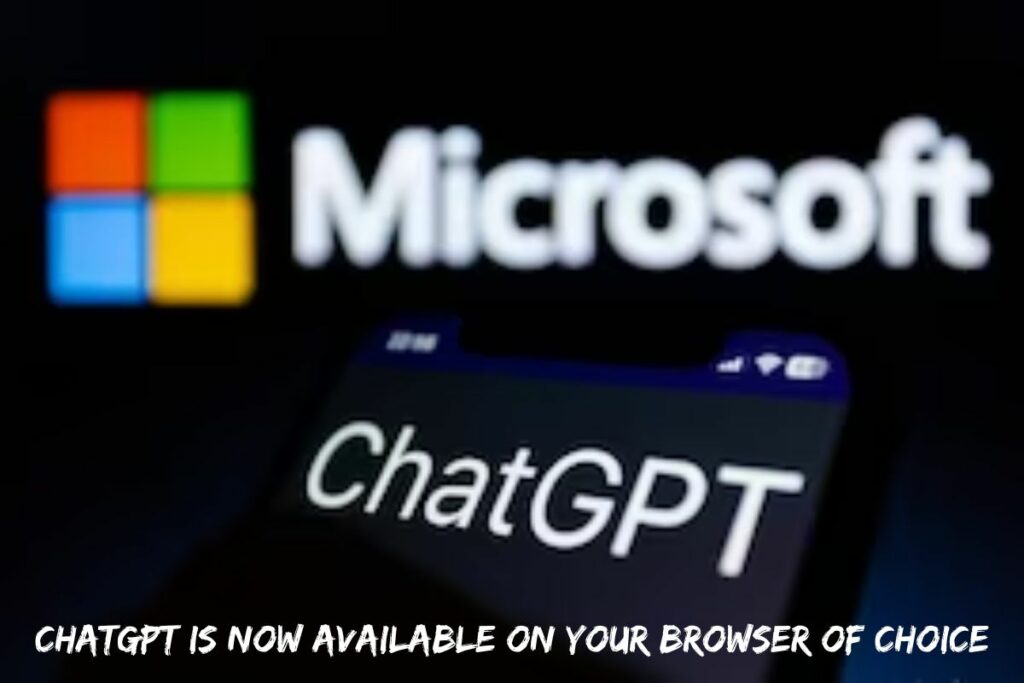Opera, a popular web browser, has announced that future versions will include new functionality powered by ChatGPT and Google Bard.
In the same way that they were quick to adopt Web3 with the release of the Opera Crypto Browser, it appears that Opera also intends to adopt generative AI rapidly. Opera will introduce AI-generating tools in the browser’s menu bar.
Microsoft has also announced that it will be incorporating AI into its Edge Sidebar, enabling users to do things like ask for a summary of a company report “to get the key takeaways” and then use the chat feature to ask for a comparison to a competing company’s financials, which will then be automatically put in a table. You can use Edge as a writing tool as well.
The “Shorten” button, which uses AI to generate a summary of the current article quickly, will be the first of Opera’s AI features to be tested. A bulleted summary of the article is generated in a sidebar window when users click the Shorten button in the address bar.
Using OpenAI’s WebGPT, it has posted a YouTube demonstration of the feature, summarising an article about NASA’s Hubble Telescope. This may be a dig at Google’s recent blunder in its first demo of Bard, giving the wrong answer to a question about discoveries made with the James Webb Space Telescope.
The announcement comes shortly after Microsoft introduced ChatGPT capabilities for Edge and a revamped version of the Bing search engine powered by a more recent iteration of the GPT-3 models.
It would be best if you liked it:-
- When Will Lisa Marie Be Buried: The Singer Will Be Laid Across Elvis And Next To Son
- Earthquake Disasters In Turkey Have Exposed Cracks In Erdogan’s Leadership
Opera Is Adding Artificial Intelligence To Its Web Browsers
Opera has announced that its desktop and mobile web browsers will soon feature AI-generated content (AIGC) Artificial Intelligence Global Company services. Opera’s co-CEO, Song Lin, said in an official post, “In more than 25 years of our company’s history, we have always been at the forefront of browser innovation.”
The web’s boundaries are constantly being pushed by companies like Google and Mozilla, whether it’s the introduction of tabbed browsing or the provision of access to artificially intelligent creators.
Yesterday, I hosted the Ekiti Tech Community to a first-of-its-kind Tech Hangout in the State. The gathering had in attendance enthusiasts, beginners, and skilled professionals in artificial intelligence, cybersecurity, web & software development, creatives #EkitiTechHangout
1/5 pic.twitter.com/QIjTR00V0C
— 'Seun Fakuade (@seunfakze) February 6, 2023
With the recent surge in the popularity of generative AI tools, we think it’s high time for browsers to take centre stage as the entry point to the AI-enhanced web. A large portion of this integration will take place in the Opera sidebar, one of Opera’s defining characteristics.
However, Opera plans to include AI-powered generative features in the core product. The company gives the example of a new “Shorten” button for the address bar, which will employ AI to provide concise summaries of websites and publications.
Opera announced it would extend its existing AI initiative beyond the browser to incorporate AI-generated content (AIGC) services for its news and gaming offerings. Both original and external resources will be utilised.
Need green energy analysis information? Greenenergyanalysis.com sells tea.

